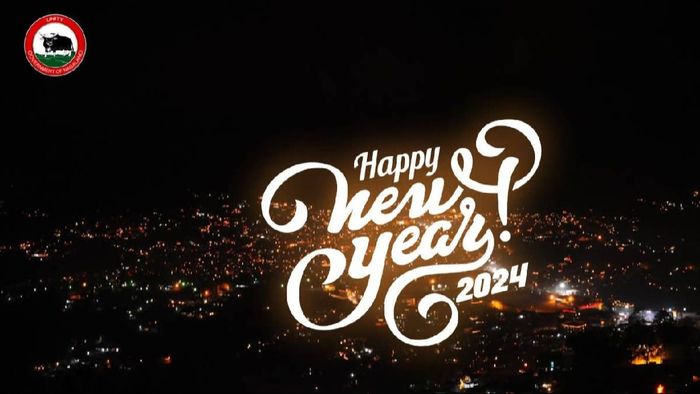Nagaland celebrates 2024 with prayers for swift resolution to Naga political issue
Nagaland welcomed 2024 with fervent prayers for a resolution to the ongoing Naga political issue.

- Jan 01, 2024,
- Updated Jan 01, 2024, 9:13 PM IST
Nagaland welcomed the dawn of 2024 with a fervent plea for an early resolution to the longstanding Naga political issue. As the clock struck midnight, churches across the Christian-majority state reverberated with special prayers for peace and progress, while the night sky lit up with the burst of celebratory fireworks.
The Forum for Naga Reconciliation (FNR) played a crucial role in fostering a sense of unity and optimism for a peaceful solution. Reverend Wati Aier, the Convenor of FNR, expressed hope that the negotiating parties involved in the Naga political talks, namely the Centre and Naga groups, would reach a consensus soon. Despite recent talks in Kohima showing limited progress, Rev Aier remained optimistic, stating, "I don’t think there is a deadlock but just that they might be going through a difficult time... The process is not simple but difficult as there are hurdles. We should not be discouraged."
The Naga political issue, one of the country's longest-standing conflicts, has seen separate negotiations between the Centre and NSCN-IM since 1997 and the Working Committee, Naga National Political Groups (WC NNPGS) since 2017. Despite the signing of the Framework Agreement in 2015 and the Agreed Position in 2017, significant development in the political negotiations is yet to materialize.
The NSCN-IM has remained steadfast in its demands, including a separate flag and constitution for the Nagas, along with the integration of Naga-inhabited areas across states and neighboring Myanmar. In contrast, the WC of NNPGs has shown willingness to accept terms granted by the Centre, urging continued dialogue.
In a recent development, three Naga nationalist groups, namely NSCN, NSCN-K, and NNC, led by Akato Chophy, Khango Konyak, and Z Royim, respectively, have come together, reaffirming their commitment to pursuing negotiations with the Centre in the new year.